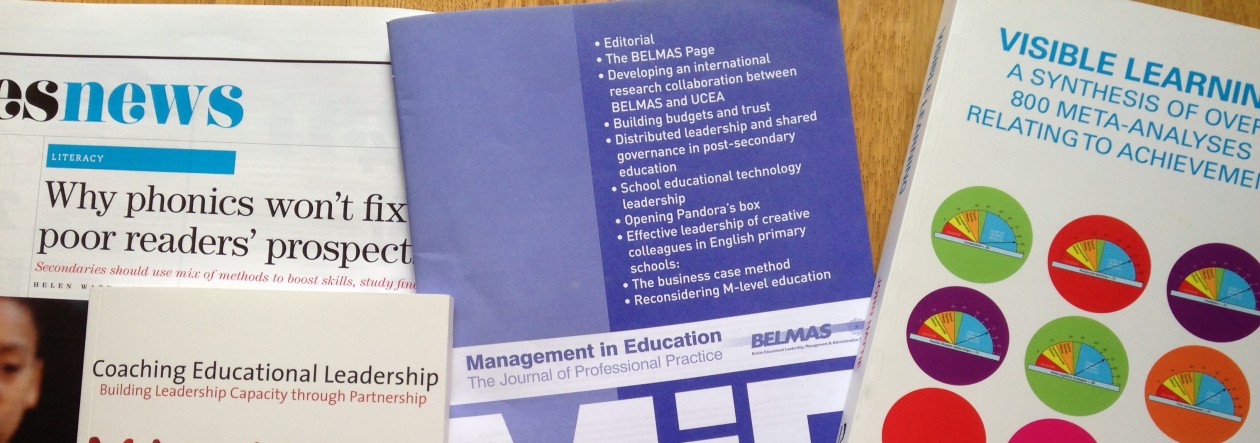Report Card 2018 published these concerns.
There are large gaps between the most advantaged and least advantaged students and some gaps are getting wider. Gaps that are small at primary school grow through to GCSE and university admission, leaving poorer students playing catch up for the rest of their lives.
- less than half as likely to achieve passes in GCSE English and maths than their peers
- a whole year behind their peers
- just over eight months behind their peers in reading, writing, and maths by age 11
- students on free school meals four times as likely to be excluded than their peers
- After GCSEs, disadvantaged children are six times more likely to be recorded as not going into a job or any other training/ education
Here’s what they suggest:
- The best ‘World-class teachers and leaders’ should be employed in the most disadvantaged areas
- A system that is interested in developing the whole child, promoting emotional and social competencies alongside academic attainment
- Joined up support for all post-16 destinations, giving every student a choice about their future



You must be logged in to post a comment.